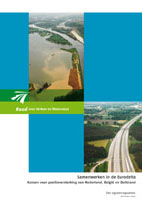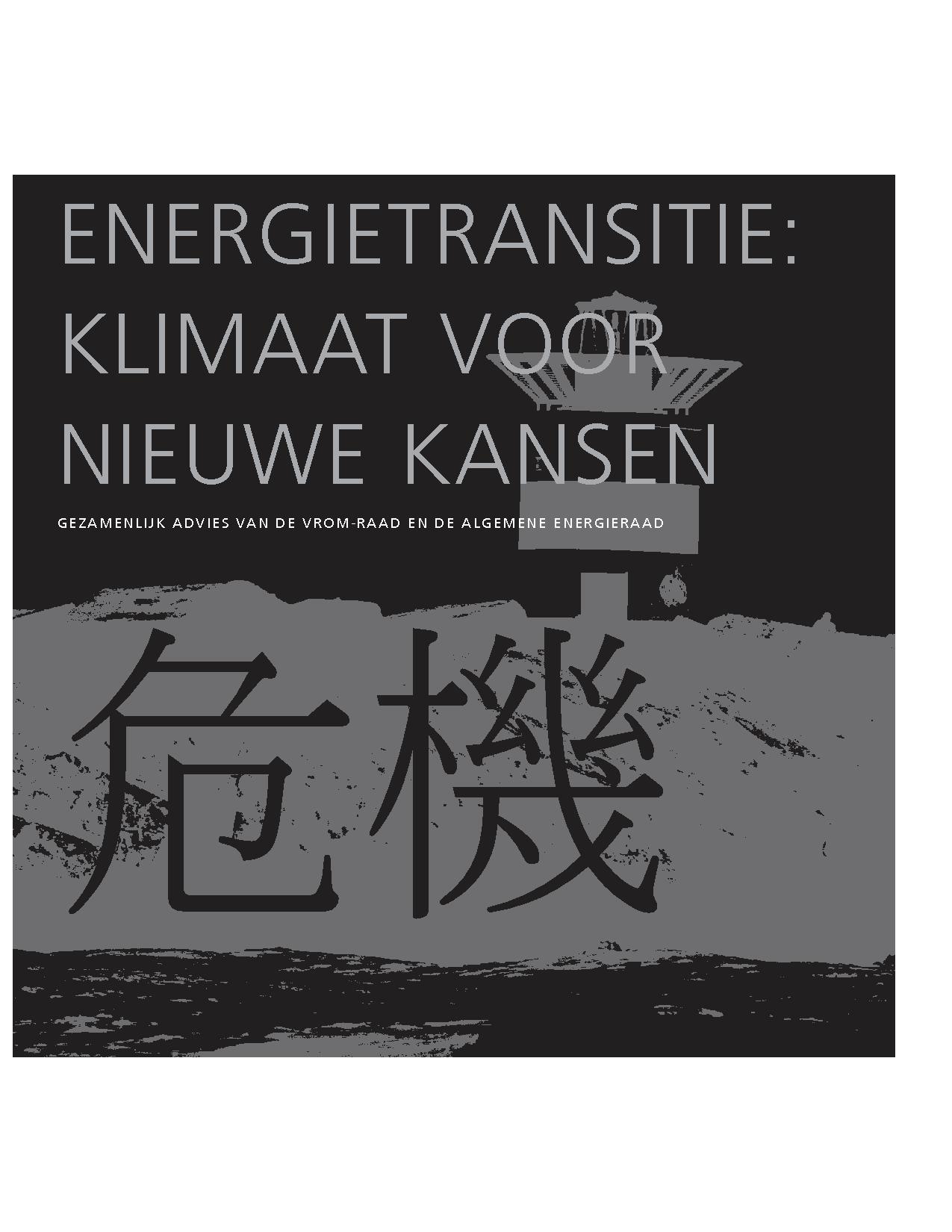.
In this advice the Advisory Council for Transport, Public Works and Water Management calls for attention to opportunities for strengthening the position of the Netherlands through active and broad-based European regional collaboration between those parts of the Netherlands, Belgium and Germany that show a strong economic coherence. The areas in question in the three countries together comprise the economic core area in continental Northwest Europe, referred to by the working title of “Eurodelta” in this document. The Council believes that wider European regional collaboration in fields such as economic development, spatial planning, construction and maintenance of infrastructure facilities, traffic, transport and logistics may lead to a win-win situation for all three countries involved.


